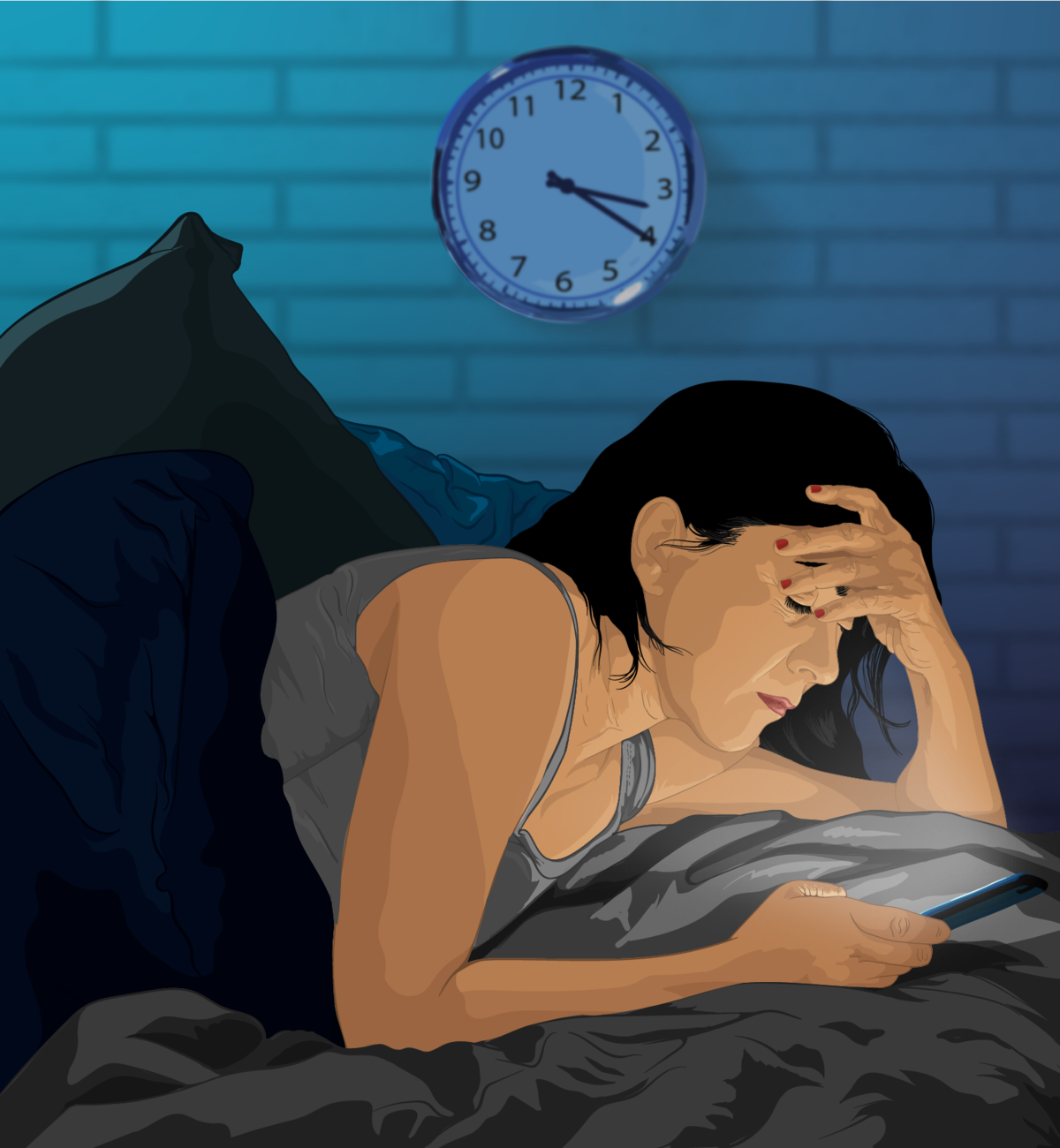I don’t even know you dude
Why are you coming at me like that?
How dare you post it exactly when I know I should go to sleep but don’t wanna.
Work is after sleep. If I delay sleep, I delay work!

Do you look forward to waking up? No? Then this type of procrastination is likely to happen.
Just stay awake until you’re exhausted, problem solved
One of the main factors in bedtime procrastination is human behaviour.
Come on, can you at least give us a better excuse? I have to wake up in 7 hours and I need someone else to blame for still not going to bed.
Writer Daphne K. Lee popularised the term in a Twitter post using the term “revenge bedtime procrastination” (報復性熬夜), describing it as “a phenomenon in which people who don’t have much control over their daytime life refuse to sleep early in order to regain some sense of freedom during late night hours.”[9][10]
I found this to be oddly relevant to my life.
For me it’s more that I don’t want to be tomorrow
Well, untill I actually fall asleep, I’ll be alone with my thoughts, then when I finally get to sleep I’ll have shitty dreams, and then in the morning I have to force myself out of bed, to go through another boring, tiring day.
If I stay up a little longer, everything might fix itself, then I’ll sleep better.
99% of insomniacs quit before everything magically fixes itself
Here are a few ways to prevent bedtime procrastination:
Turning off electronic devices at least one hour before bed. In a darker environment, humans produce the sleep hormone melatonin. Therefore, people should limit the light they receive before going to sleep.[15] Taking a hot shower or bath to reduce stresses.[15] Writing down thoughts, feelings, and experiences that stood out throughout the day.[15] Maintaining a regular wake-up time and bedtime, including on non-working days.[2] Setting a bedtime routine. Snacking on nuts, seeds, and pulses, which are sources of the amino acid tryptophan, which helps produce melatonin.[15] Avoiding alcohol or caffeine late in the afternoon or evening.[2] Taking melatonin supplements (but exercise caution[33]) Managing one's time by doing things early in the day to avoid staying late and losing essential sleep time.[6] Taking Vitamin D and magnesium supplements that may help induce sleep.[15] Setting boundaries at work. Reducing internet use.[34] Practicing time management and priority-setting skills.[35] Using a method called mental contrasting with implementation intentions (MCII).[36]idk i think its more psychological for me. if i got something im not looking forward to the next like a shitty day at work and a long evening, i need to take some me time
Well I feel called out as shit… I mean damn.
Don’t tell me what to do!!!






